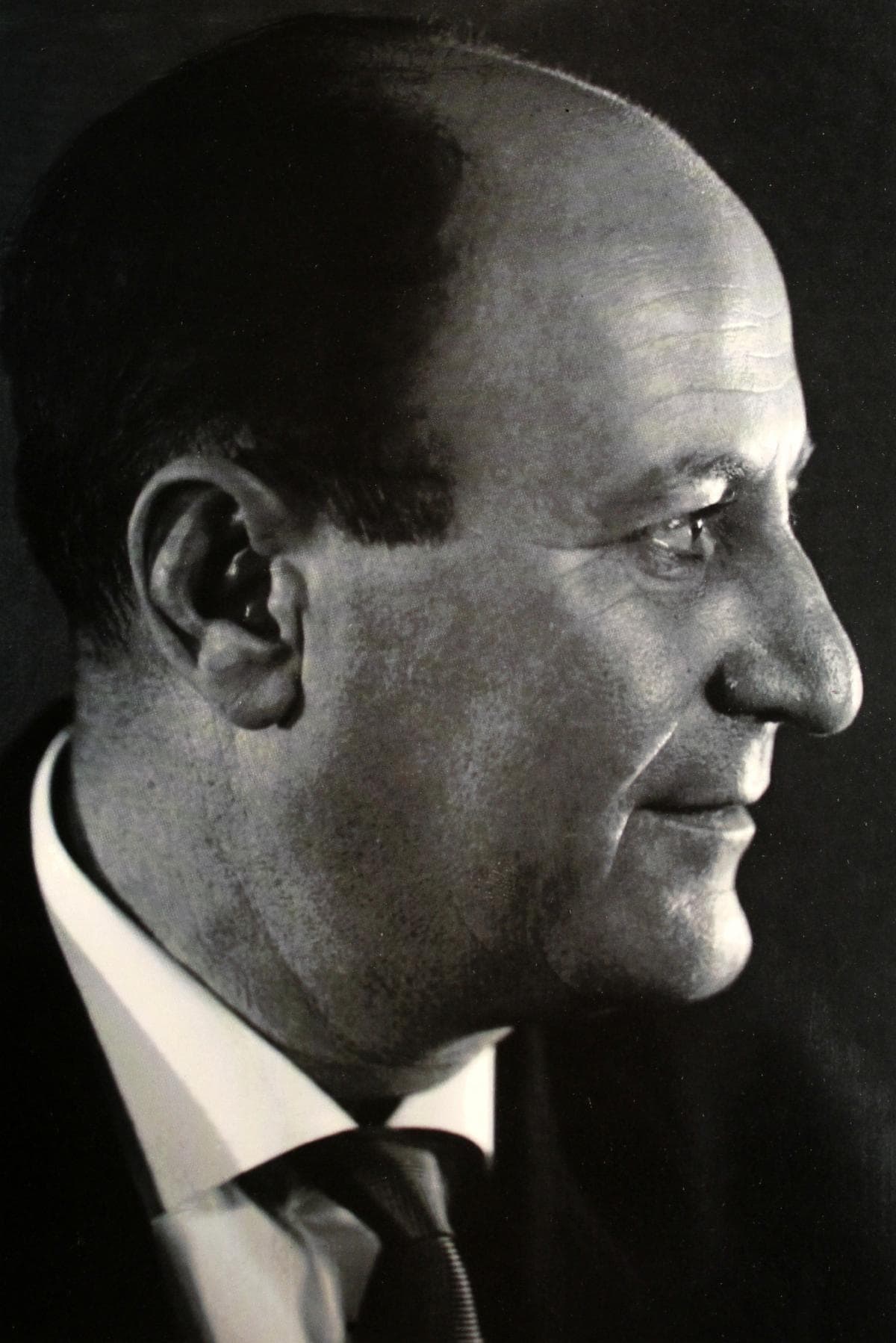Writer Hrachia Kochar, a survivor of the Armenian Genocide, became one of the official voices of Stalinism, but at the end of his life, mounting on the wave of national rebirth in Soviet Armenian, produced the most durable works of his literary career.
He was born Hrachia Kaprielian in the village of Kumlubujakh, situated on the foot of Mount Nepat in the district of Bagrevand (Western Armenia), on February 1, 1910. His mother died on the road to exile in 1916, and he was able to cross into Eastern Armenia with the rest of the villagers, finding shelter in the village of Vagharshapat. His father Kochar (Kocho), who fought along General Antranig, died in 1918. The future writer became a pastor as well as a miner in the copper mines of Alaverdi. He moved to Yerevan in 1927, where he studied at the Faculty of Philology of Yerevan State University.
Hrachia Kochar took his father’s name as his pseudonym and published his first short story in 1931, in the journal Nor Ughi. In 1934, he was appointed the editor of the Kurdish newspaper Ria Taza. In the same year he became a member of the Writers Union of Armenia and published his first book, the novel Vahan Vartian, followed by a second one, The Voyage of Oksen Vaspur, in 1937.
During the height of the Stalinist purges, in 1936-1937, Kochar gave various speeches accusing of nationalism his fellow writers, some of whom were later shot or exiled. Ironically, in 1955 he headed the committee that investigated the rehabilitation of victims of Stalinism.
In June 1941, the writer went as volunteer to the battlefront and served in the Soviet army from 1941-1945, participating in World War II. He published volumes of articles written from the front. Among those works, the most celebrated at the time was the short story “The General’s Sister,” which was first published in 1945 in Pravda and then translated into 24 languages. Such works were the prologue to Kochar’s two-volume novel, The Children of the Great House (1952).
After the war, the writer immersed himself into public life and wrote social commentary along his literary works. He was secretary of the Writers Union of Armenia from 1946-1951 and editor of the literary monthly Sovetakan Grakanutiun, and became editor of the satirical weekly Vozni in 1954. He wrote the scenario for the film Aurora Borealis (1961) and was decorated with the Order of Red Star.
In the last years of his life, Kochar started dealing with the forthcoming fiftieth anniversary of the Armenian Genocide. He published his last article on April 24, 1965, when he was already seriously ill, and passed away eight days later, on May 2. Also in 1965, his last volume, The White Book, was published posthumously. It included his most enduring works, the novels Nahapet and Nostalgia, which dealt with survivors of the genocide and their fate. Kochar was posthumously awarded the State Prize of Armenia (1967) for Nahapet. Both novels became the subject of successful movies in 1977 and 1990.
